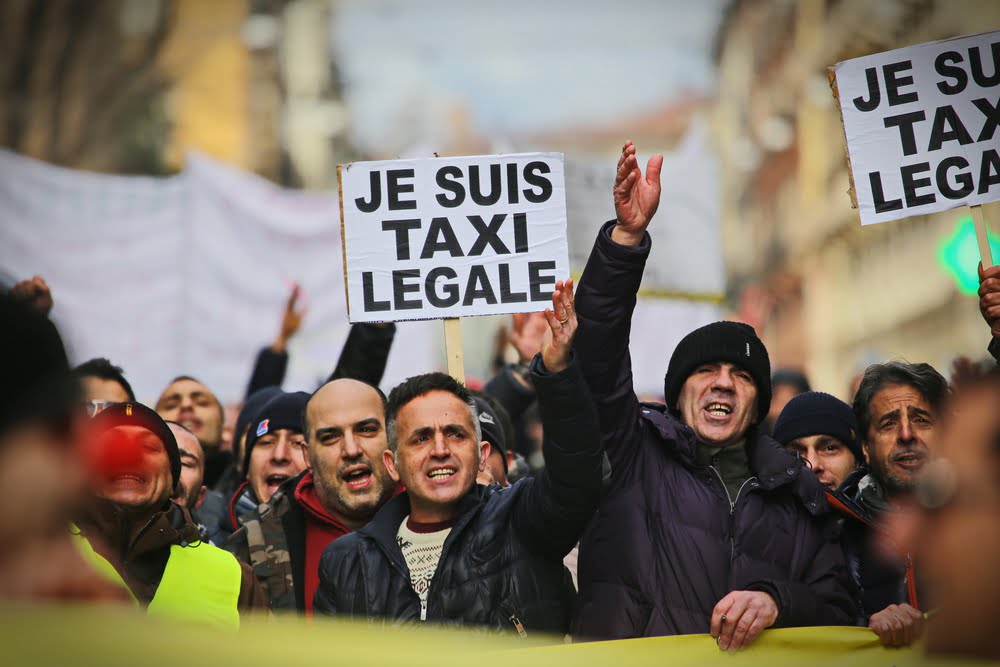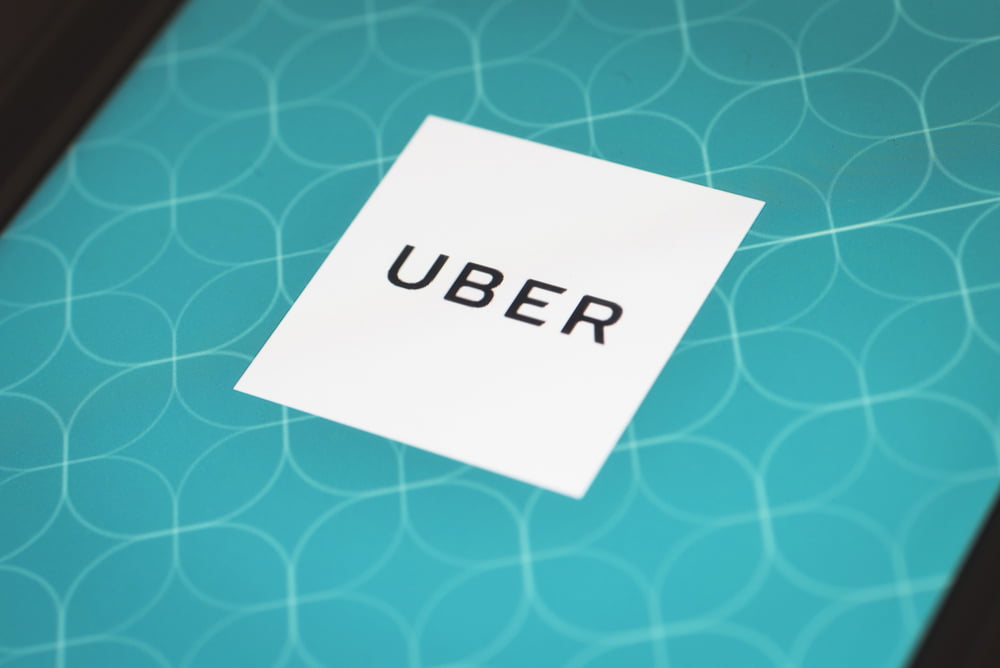A picture emerges from the Uber Files of tax officials deliberately delaying requests for information from other countries about the company.
In 2014 and 2015, the Dutch tax authorities ignored EU tax treaties and flouted the rules to keep the American taxi company Uber out of the wind as much as possible. The trade journal Passenger Transport Magazine discovered in pieces of the FD that the service lobbied the French tax authorities at the request of Uber. According to the FD, Professor of Tax Law Jan van de Streek calls the tax authorities' actions illegal, problematic and undermining.
“There are all kinds of informal contacts with Uber, senior officials personally meddle with that company when they normally shouldn't. And that Uber is being kept out of the wind. We have established that quite a few rules and laws have been violated there," says FD journalist Johan Leupen.
The FD investigation shows that senior tax officials flouted rules and ignored tax treaties to please Americans. According to the newspaper, the Dutch tax authorities not only broke the rules in 2015, but it may also be punishable. The Uber Files portray a picture of tax officials deliberately delaying requests for information from other countries about the company and informally leaking confidential information about other authorities to Uber employees. The tax authorities also lobbied the French to achieve a more friendly tax regime for the American taxi company.
“When determining how much tax Uber has to pay, the Netherlands wants to help maintain an unclear picture about this for a long time. They are working on a revenue model that is actually not legal, so that has to be lobbied legally, and the Dutch tax authorities create that time for them”.
“It is nowhere in black and white why the Tax and Customs Administration is doing this, this is all informal, a lot is also done by telephone. It is also deliberately not documented I think. Uber also knows that they are probably not allowed to do things.”
“We receive many signals that the Dutch business climate is extremely important. That business climate is very much in the minds of politicians and civil servants. That Uber pampering comes from above, that's for sure."
According to Professor of Tax Law Jan van de Streek of Leiden University, the Tax and Customs Administration has "illegally undermined cooperation with other tax authorities". Van de Streek came to this conclusion after studying The Uber Files at the request of the FD. These are a series of leaked documents that are in the hands of the International Consortium of Investigative Journalists (ICIJ) and The Guardian, which the FD, Trouw and research platform Investico for the Netherlands have access to.

Internal e-mails, minutes and WhatsApp messages show how close the cooperation was between senior Dutch tax officials and Uber's top tax experts. Internally, the Amsterdam-based European top of Uber describes the relationship with the Dutch tax authorities as a "very valuable relationship". An understatement: the tax authorities coordinated a multilateral tax investigation into Uber at the time. In that capacity, the tax authorities 'protected' the Americans against other European member states.
Uber had a hard time during that period, the platform was at odds with various European authorities because of its illegal service Uberpop, which allowed drivers to drive without a permit. The company therefore lobbied frantically in Brussels to get its revenue model out of illegality and to gain time. There, EU Commissioner Neelie Kroes had been informally lobbying for the Americans for some time.
In the Netherlands, that offensive was successful, as it turns out. Because when Sweden and the United Kingdom requested income data of Uber drivers from the Dutch tax authorities in 2014 to determine how much tax they had to pay, their formal requests were trained by the tax authorities. They were even given “the absolute lowest priority,” Rob van der Woude, head of tax affairs at Uber's European headquarters, wrote in July 2015.
“They told me that they are not responding to requests from other European member states so that we have time to 'get our business in order' and work on regulatory breakthroughs,” he wrote in October 2015. And so Uber continued. drivers out of the hands of the authorities, and the Americans were given plenty of time to massage national government officials and Brussels politics.
However, it was not just a matter for the tax authorities, even officials from Economic Affairs got involved. This is apparent from minutes of a meeting with senior finance officials at the Dutch consulate in San Francisco. For example, a director of the Netherlands Foreign Investment Agency asked the members of the Uber summit present how long the exchange should be delayed. Salient: the task of the NFIA is to lure foreign companies to the Netherlands, here it appears that the agency is much more influential.

Even when the French tax authorities knocked on Uber's door with a claim, the Dutch tax authorities proved more than willing to provide assistance to the Americans. According to France, Uber had a branch in France, so it would have to pay sales and profits tax to Paris. However, according to Van der Woude, the Dutch tax authorities are willing to “talk informally with the French to get them to drop that claim. This is an important battle that the Dutch have to fight for us.”
Professor Van de Streek draws conclusions that leave nothing to be desired for the imagination. He speaks of a "problematic image" of a tax administration that "consciously undermines administrative cooperation between tax authorities" and "takes a pro-Uber stance". But also that of a tax authority that violates its duty of confidentiality by informing Uber informally about confidential positions of other countries. “Everything seems permitted to offer the company an attractive business climate,” Van de Streek tells the FD.
Not processing requests for information (or putting the label 'lowest possible priority' on them, ed.) is also at odds with the EU obligations of Member States to as quickly as possible exchange data. PhD candidate in Tax Law Tim van Brederode, who previously worked as a tax policy advisor at Finance, calls the Tax and Customs Administration's conduct "highly remarkable" because "important tax principles" are not respected.
Asked for a response, the Tax and Customs Administration says it does not recognize itself in the image that tax officials have violated their duty of confidentiality. Nor does the service recognize itself in the image in which information requests from other countries are deliberately trained.



